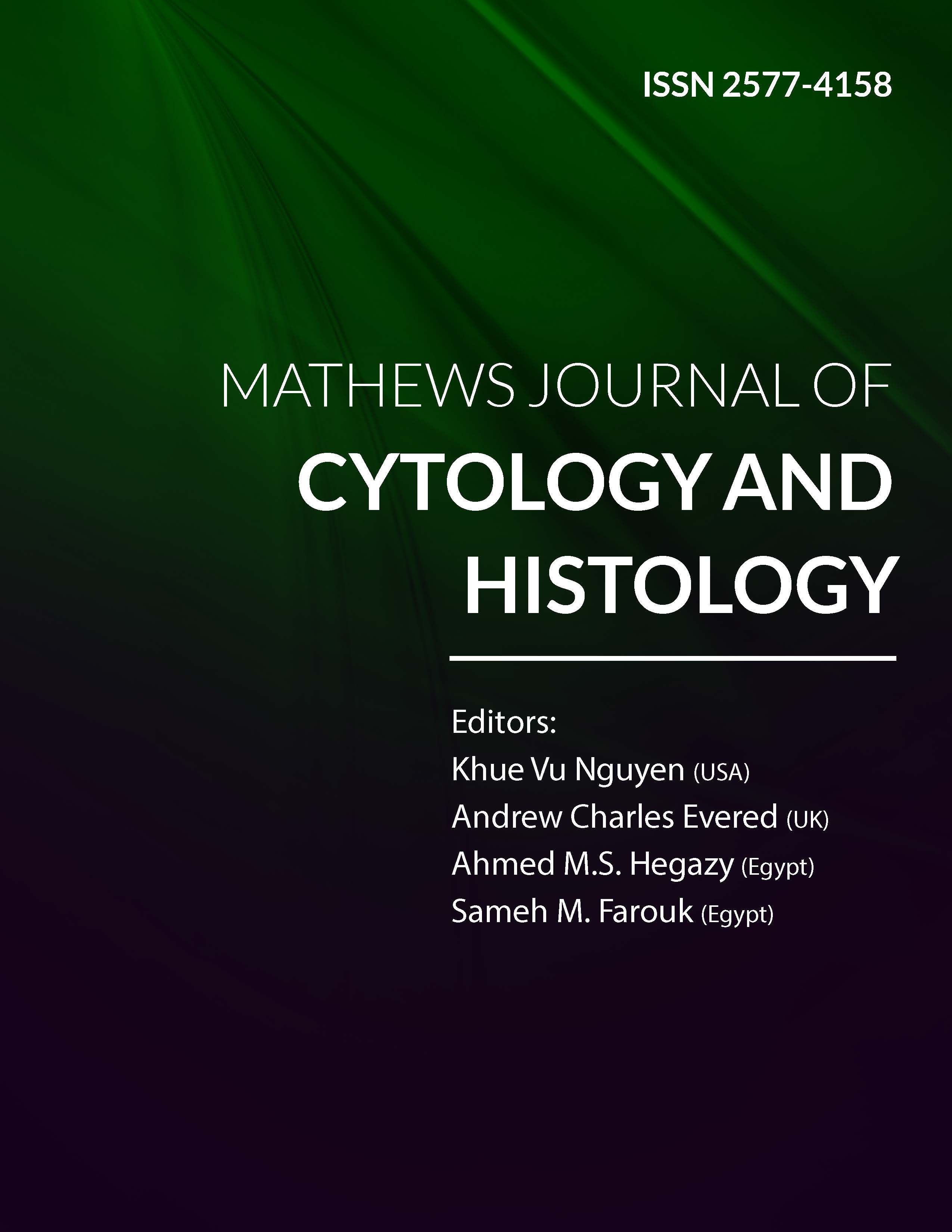
Types of articles
Mathews Open Access Journals committed to publish quality and valuable scientific contributions like Original Article, Review Articles, Mini-reviews, Case report, Editorial, Commentary, Letter to the Editor, and Opinion articles.
Format of articles
In most of the cases, we do not impose strict limits on word count or page number. Yet, we strongly recommend that you write concisely and stick to the following instructions:
Manuscript Preparation
Title Page
Title page should contain title, running title, author affiliations, and contact information by differentiating the corresponding author with an asterisk. Also should include word count, number of tables and figures, sources of support, source of funding, any disclaimers, and conflict of interest declarations.
Abstract
The abstract is mandatory for original research, review article, short reviews, and case reports. It should contain the background of the study, should state the study's purpose, basic procedures, main findings, and principal conclusions. It is advised to highlight the novel and significant aspects of the study.
Keywords
Three to six key words are mandatory that should explain the research.
Abbreviations
All the abbreviations that are used in the article should be listed.
Introduction
The introduction should provide the background and purpose of the study. It should state the research objectives, hypothesis of the study or the observation. The content in the introduction should be cited properly using more recent references. Avoid providing unrelated information.
Materials and Methods
This section should contain adequate and detailed information of all the procedures and steps. It can be divided into subsections if several methods are described. Standard protocols should be credited with appropriate references.
Results
A clear presentation of experimental results obtained, highlighting any trends or points of interest. The results presented in tables and figures should be placed in close proximity to the text describing them in order to improve the accessibility of the data. The results should not be repeated in both tables and figures.
Discussion
The discussion should relate to the significance of the observations. Briefly summarizing the main findings, then explore possible mechanisms or explanations for these findings, compare and contrast the results with other relevant studies, state the limitations of the study, and explore the implications of the findings for future research and for clinical practice.
Conclusion
It should be crisp and clear with a logical conclusion, interpretation and data generation from the experimental study.
References (limited to 60 references, though not strictly enforced)
References should follow the standards summarized in the NLM's International Committee of Medical Journal Editors (ICMJE) Recommendations. All references cited in the text must be included in the reference list and vice versa. All references must be numbered consecutively and citations of references in text should be identified using numbers in square brackets (e.g., “as discussed by Smith A, et al. [9]”; “as discussed elsewhere [9, 10]”). All references should be cited within the text; otherwise, these references will be automatically removed.
Acknowledgements (optional)
Author contributions (names must be given as initials)
Additional Information (including a Competing Interests Statement)
Figure legends (these are limited to 350 words per figure)
Tables (maximum size of one page)
Cover letter
In the cover letter, one must include:
Published : 31st October 2025
Authors : Agussalim1,*, Citrawati2, Masdiana AR3, Syarifuddin1, Abd Rahman1, Syamsir1, Muhammad Saleng1
Citation : Agussalim, et al. (2025). The Role of TP53 Gene Mutations in the Pathogenesis of Breast Cancer. Mathews J Cytol Histol. 9(2):33.
Published : 08th July 2025
Author : Siniša Franjić*
Citation : Franjić S. (2025). Muscular Dystrophies and Stem Cells Treatments. Mathews J Cytol Histol. 9(1):32.
Published : 28th March 2025
Authors : Waqas Saifullah Khan1, Shahan ur Rabi2, Raza Rabbani3, Dawood Khan4, Muhammad Haseeb khan5, Shehryar Khan6, Elham Shakil7, Avijit Debnath8, Zulfiqar Ahmad9, Naveed Ahmad10, Ubaidullah Shah11, Furqan Ul Haq12,*
Citation : Khan WS, et al. (2025). Unraveling Thrombocytopenia, A Study of Platelets Indices in Varied Etiologies. Mathews J Cytol Histol. 9(1):31.
Published : 21st January 2025
Authors : Issa Oumarou BS*1,2, Hama Aghali Nouhou3, Hamani Issaka4, Hamadou Ibrahim4, Simon Azonbakin1, Yadji Guero Laila1,4, Sewadouno Faya Daniel1, Anatole Laleye1
Citation : Issa Oumarou BS, et al. (2025). Study of the Hepatoprotective Activity of the Hydroethanolic Extract of the Roots of Cochlospermum tinctorium Perr. A. Rich in Wistar Rats. Mathews J Cytol Histol. 9(1):30.
Published : 30th September 2024
Authors : Boaz Gaventa1, Graham Martin1, Alok Abraham Matthew1, Lewys Burnett-Jones1, Sanji Lalchan2, Therese-Mary William1,2,*
Citation : William T, et al. (2024). Evaluation of the Most Effective Method of Measuring Bilirubin Concentration in Neonates. Mathews J Cytol Histol. 8(1):29.
Published : 07th May 2024
Authors : Essien-Ibok MA1, George UU2,*, Abiaobo NO3, Mbong EO4
Citation : Essien-Ibok MA, et al. (2024). Evaluation of the Toxic Potentials and Histopathological Variations in Clarias gariepinus Fingerlings Exposed to Ethanolic Extract of Costus afer. Mathews J Cytol Histol. 8(1):28.